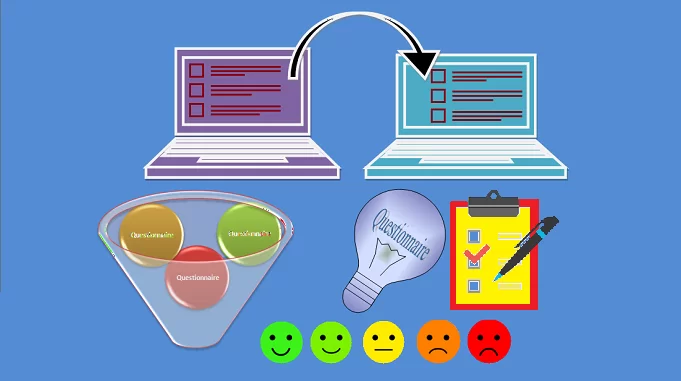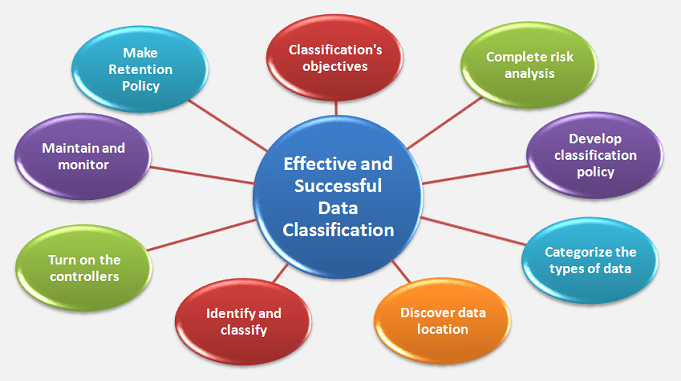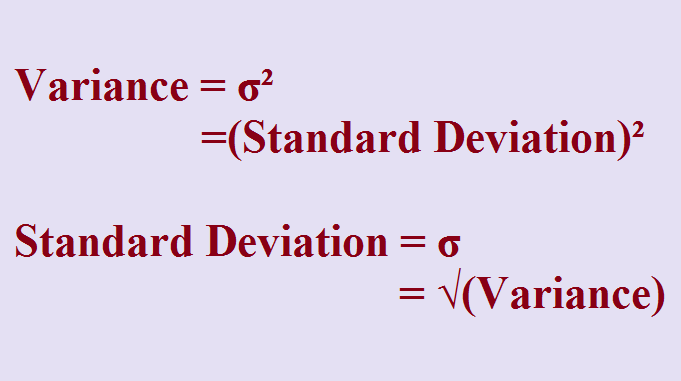
Types of Questions to avoid in a Questionnaire:
The following type of questions should be avoided in a questionnaire:
1. Each query should have a goal. Do not ask questions without a goal.
2. Avoid difficult wording and Complex language. In a questionnaire, simple language is useful. The wording used in the questionnaire should be simple to understand. The questionnaire should use the respondents’ vocabularies.
3. Avoid confusing notions. Do not include ambiguous concepts in the queries.
4. Avoid questions that require calculations. Respondents are hesitant to calculate, and incorrect answers are always a possibility.
5. Avoid referencing prior questions. If a referencing or cueing earlier question is necessary, recall the responses of respondents by repeating the complete questions and replies in order to continue the interview.
6. Avoid ambiguous and lengthy reference periods. Reference periods should be clear and, ideally, short. Recall lapse errors are caused by a longer reference period. The research is misleading by these errors.
7. Avoid using a double negative (double-barrelled) in the question language, since it confuses interviewers and respondents.
8. Avoid combining two questions into one at all costs. Because of this merging, the respondent is generally confused, and some respondents serve replies to the latter and others to the former, depending on their mental ability.
9. Avoid humiliating and leading Questions (Wording, Pushing, and Threatening).
A leading (pushing) question is a type of question that pushes respondents to reply in a specific way based on how the question is phrased. Rather than trying to get a true and unbiased answer to the question, these questions frequently contain information that the survey creator wishes to justify.
Answering these questions offends people, and so such questions lead to biased answers and should be avoided.
Read Also:
Questionnaire: Introduction, Definition & Objective or Purpose
Qualities or Characteristics of a good Questionnaire
Points to keep in mind while preparing the Questionnaire
Applications / Importance / Uses of Questionnaires
Advantages and Disadvantages (Limitations) of Questionnaires
Types of Questions to avoid in a Questionnaire in Hindi:
प्रश्नावली तैयार करने में निम्नलिखित प्रकार के प्रश्नों से बचना चाहिए:
1. प्रत्येक प्रश्न का एक लक्ष्य होना चाहिए। बिना लक्ष्य के प्रश्न न पूछें।
2. कठिन शब्दों और जटिल भाषा से बचें। प्रश्नावली में सरल भाषा उपयोगी होती है। प्रश्नावली में प्रयुक्त शब्द समझने में सरल होने चाहिए। प्रश्नावली में उत्तरदाताओं की शब्दावली का प्रयोग किया जाना चाहिए।
3. भ्रमित करने वाली धारणाओं से बचें। प्रश्नों में अस्पष्ट अवधारणाओं को शामिल न करें।
4. उन प्रश्नों से बचें जिनमें गणना की आवश्यकता होती है। उत्तरदाता गणना करने में झिझकते हैं, और गलत उत्तर की हमेशा एक संभावना रहती है।
5. पिछले प्रश्नों को संदर्भित करने से बचें। यदि पहले के प्रश्न का संदर्भ देना या संकेत करना आवश्यक है, तो साक्षात्कार जारी रखने के लिए पूरे प्रश्नों और उत्तरों को दोहराकर उत्तरदाताओं के उत्तरों को याद करें।
6. अस्पष्ट और लंबी संदर्भ अवधि से बचें। संदर्भ अवधि स्पष्ट और छोटी होनी चाहिए। रिकॉल लैप्स त्रुटियां लंबी संदर्भ अवधि के कारण होती हैं। इन त्रुटियों से अनुसंधान भ्रमित होता है और उसमे बाधा आती है।
7. प्रश्न की भाषा में दोहरे नकारात्मक (दोहरी-बैरल) का उपयोग करने से बचें, क्योंकि यह साक्षात्कारकर्ताओं और उत्तरदाताओं को भ्रमित करता है।
8. हर कीमत पर दो प्रश्नों को एक ही प्रश्न में जोड़ने से बचें। इस विलय के कारण, प्रतिवादी आम तौर पर भ्रमित होता है, और कुछ उत्तरदाता अपनी मानसिक क्षमता के आधार पर बाद वाले का और अन्य पूर्व का जवाब देते हैं।
9. अपमानजनक और Leading (Wording, Pushing, and Threatening) प्रश्नों से बचें । इस प्रकार के प्रश्न उत्तरदाता को ऐसे उत्तर प्रदान करने पर जोर देते हैं जो प्रश्न के सकारात्मक या नकारात्मक स्वर से मेल खाते हों।
Leading प्रश्न एक प्रकार का प्रश्न होता है जो उत्तरदाताओं को इस आधार पर विशिष्ट तरीके से उत्तर देने के लिए प्रेरित करता है कि प्रश्न कैसे वाक्यांशबद्ध है। प्रश्न का सही और निष्पक्ष उत्तर प्राप्त करने की कोशिश करने के बजाय, इन प्रश्नों में अक्सर ऐसी जानकारी होती है जिसे सर्वेक्षण निर्माता उचित ठहराना चाहता है।
इन सवालों के जवाब देने से लोगों को ठेस पहुँचती है, और इसलिए इस तरह के सवालों से पक्षपाती जवाब मिलते हैं और इससे बचना चाहिए।
(Source – Various books of college library)
Copyrighted Material © 2019 - 2024 Prinsli.com - All rights reserved
All content on this website is copyrighted. It is prohibited to copy, publish or distribute the content and images of this website through any website, book, newspaper, software, videos, YouTube Channel or any other medium without written permission. You are not authorized to alter, obscure or remove any proprietary information, copyright or logo from this Website in any way. If any of these rules are violated, it will be strongly protested and legal action will be taken.




Be the first to comment